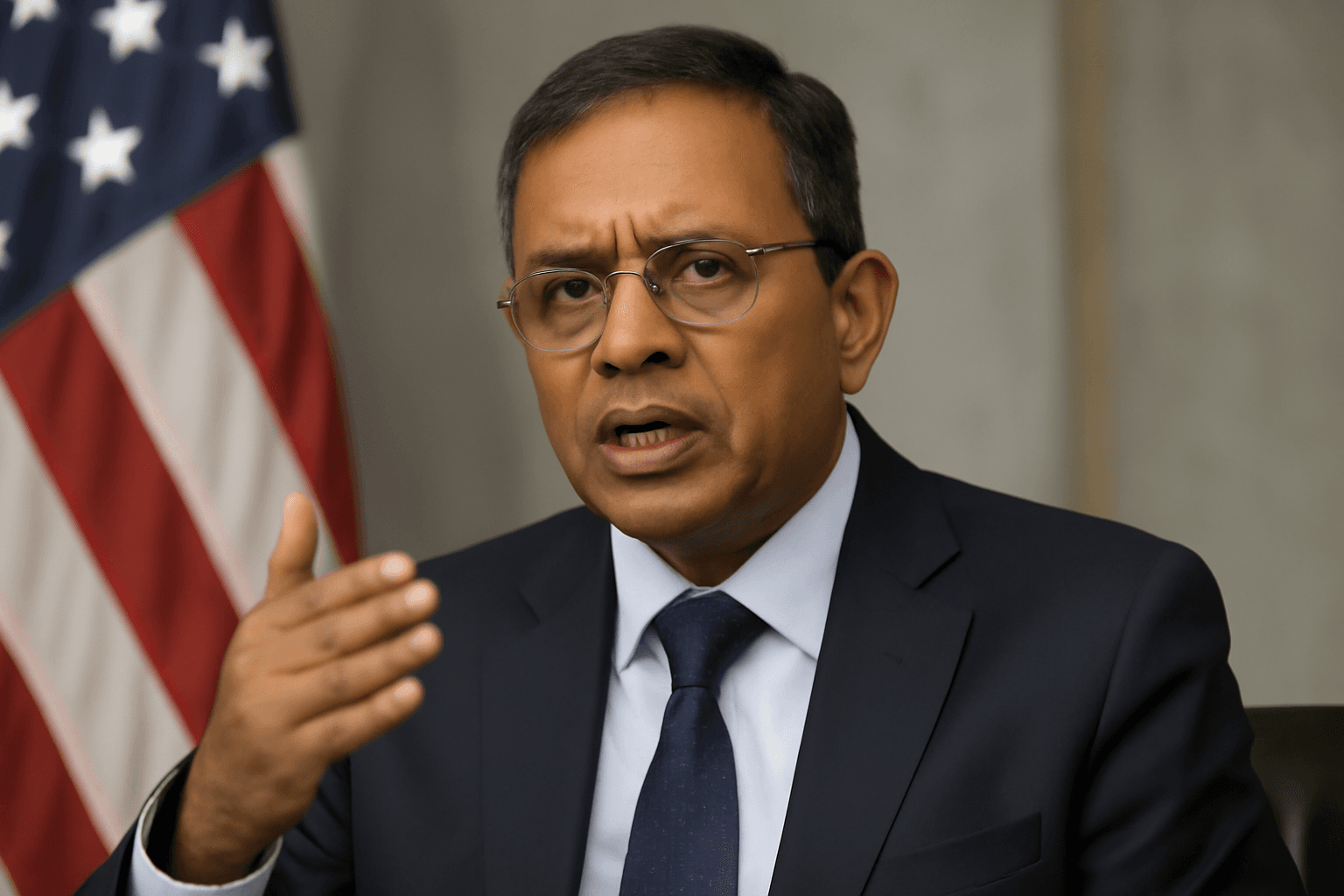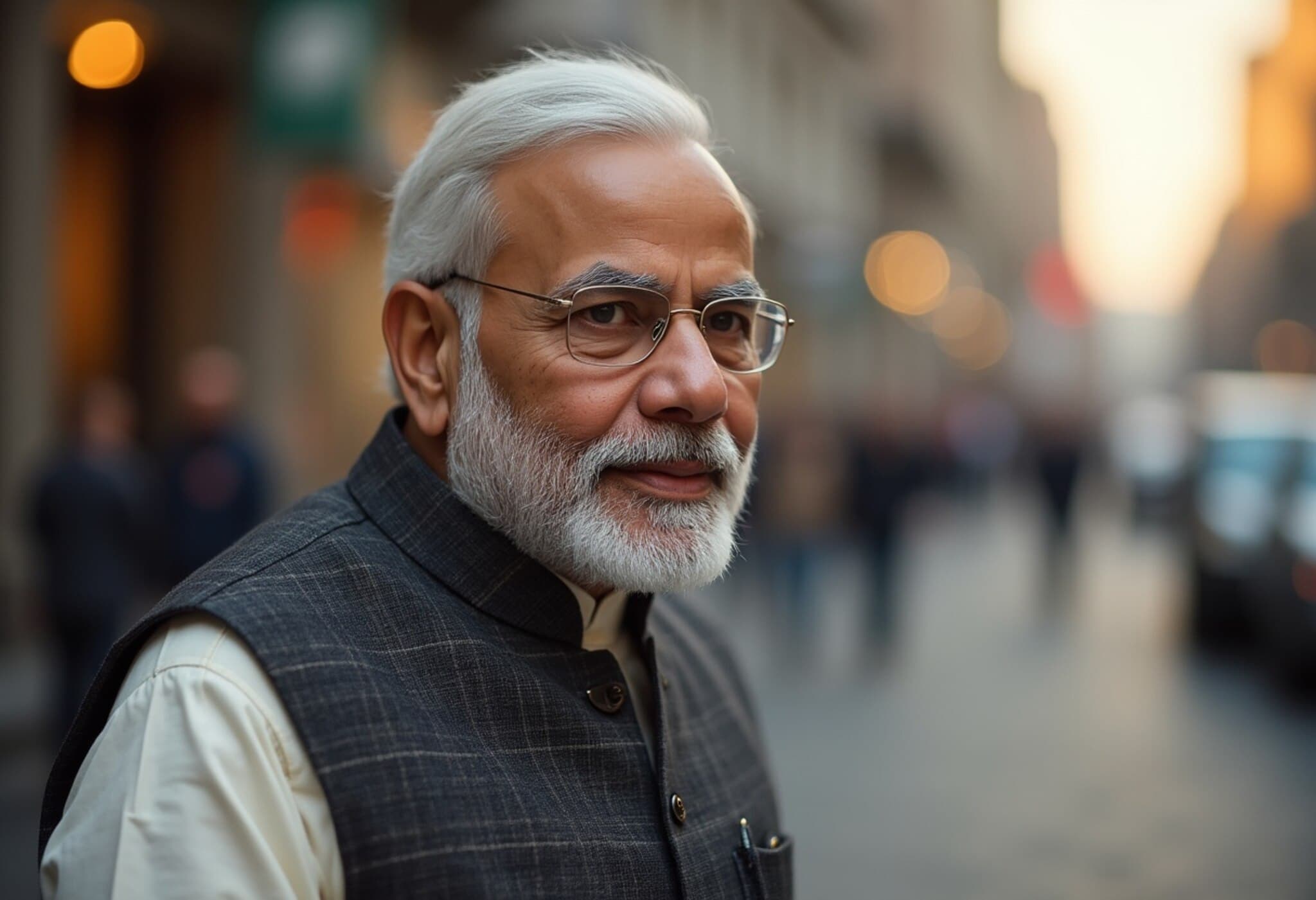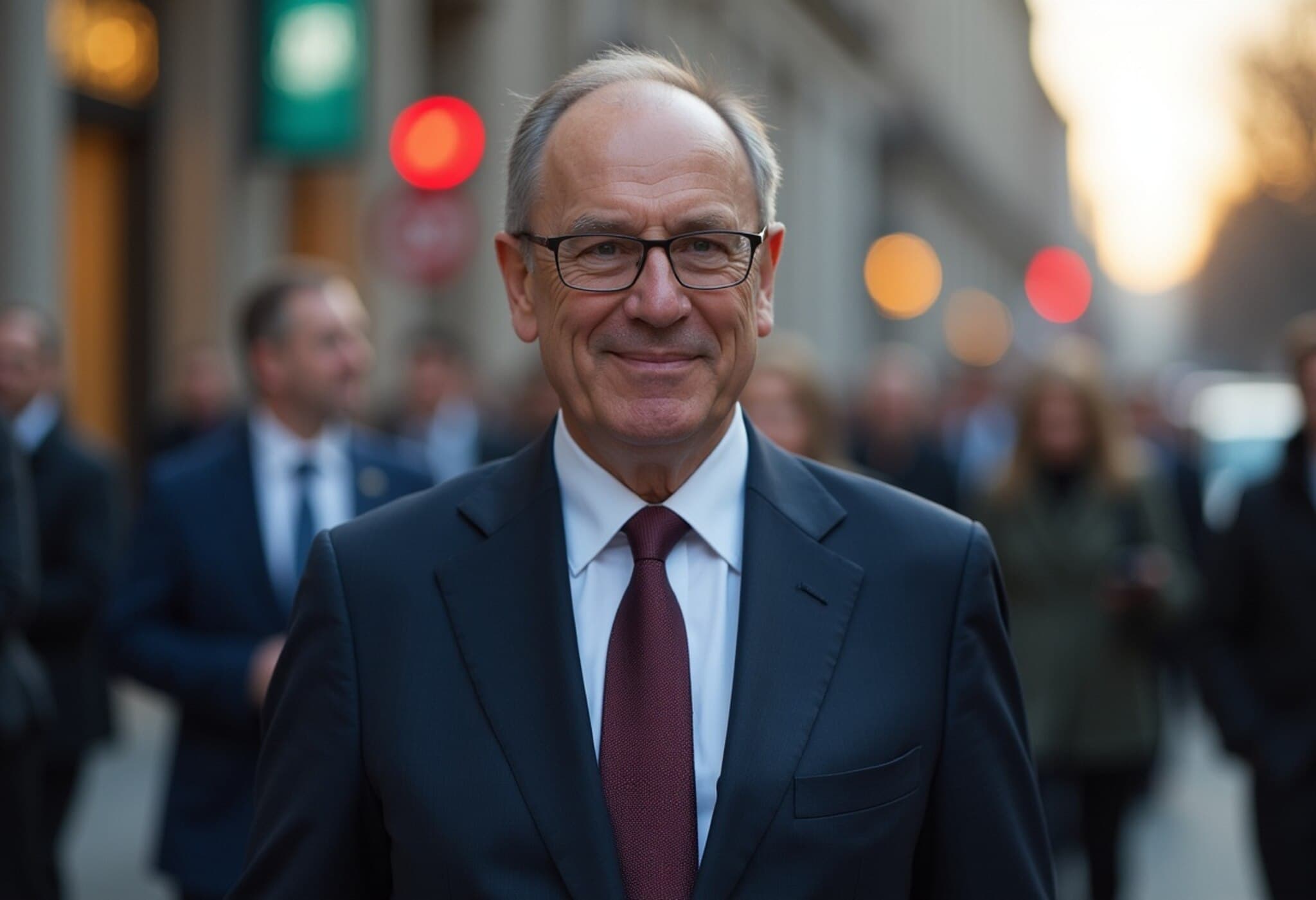Germany's Call for Trade Diversification Amid US-EU Tariff Tensions
In a strategic pivot that reflects the complexities of today's global trade environment, German Chancellor Friedrich Merz has emphasized the urgency for Germany to widen its economic horizons beyond the recently established US-EU trade agreement. Speaking at the government’s Open Day in Berlin on Sunday, Merz highlighted the challenges posed by the deal, notably the introduction of a 15% tariff on European goods by the United States.
Questioning the Reliability of Current Trade Frameworks
Chancellor Merz raised pointed questions about the future of global trade cooperation, especially under circumstances where the United States appears reluctant to fully comply with the World Trade Organization (WTO) regulations. His remarks underscore growing concerns among European policymakers regarding the stability and fairness of trade partnerships with the US.
“We should search for partners in the world that share our thinking,” Merz asserted, framing a vision of a more multipolar trade strategy. This approach signals a desire to reduce dependence on Western-centric trade relationships and explores collaboration with emerging markets in South America, Asia, and Africa.
Context and Political Landscape
Chancellor Merz, leader of the conservative Christian Democratic Union (CDU), is navigating a politically competitive environment. Recent polling by INSA, as published in the Bild newspaper, shows CDU’s approval rating tied at 25%, on par with the right-wing Alternative für Deutschland (AfD). This underscores the domestic pressures Merz faces to innovate economically while maintaining political stability.
Beyond Trade: Social Security Reform on the Horizon
Merz did not limit his policy focus to trade alone. He also flagged the urgent need to reform Germany’s social security systems, including employment benefits, pensions, and healthcare, warning that these fiscal pressures need addressing before the year’s end. “We have to make our social security systems fit for the future,” he stated, hinting at potentially significant welfare reforms aimed at ensuring economic sustainability.
Expert Commentary: Why Diversification Matters
From an economic policy perspective, Germany’s call for trade diversification aligns with a global shift toward supply chain resilience and geopolitical risk mitigation. With tensions rising between the US and EU, and unpredictable tariff measures threatening established trading norms, it is prudent for Germany—Europe’s largest economy—to broaden its trade partnerships. Engaging with rapidly growing markets in Asia, Africa, and South America not only opens new avenues for exports but also fosters investment and innovation opportunities that can drive long-term economic growth.
Moreover, Germany’s proactive stance may encourage the EU as a whole to rethink its trade strategy, potentially affecting policy decisions around WTO engagement, bilateral agreements, and regional economic development.
Looking Ahead: Key Takeaways for Global Trade
- Tariff disputes between the US and EU challenge the traditional rules-based trade system.
- Germany aims to reduce reliance on established Western alliances by exploring partnerships across diverse global markets.
- Political dynamics at home influence Merkel’s successor Merz’s strategic decisions, with public support fluctuating amid economic and social pressures.
- Reforming social security systems is entwined with economic strategies, ensuring long-term fiscal health and social stability.
Editor’s Note
Chancellor Friedrich Merz’s remarks signal a pivotal moment for Germany’s trade and economic strategy, reflecting broader tensions that define 21st-century globalization. While the US-EU trade agreement imposed tariffs on European exports, it also compelled Germany—and by extension the EU—to reconsider its dependence on a single economic bloc. The emphasis on new partnerships in emerging regions challenges conventional trade paradigms and invites questions about the future shape of international commerce.
As Germany navigates these geopolitical currents, one critical question remains: will this diversification lead to stronger economic resilience or introduce new complexities in global trade governance? The evolving relationship between trade policy and social security reform also invites scrutiny about how nations can balance open markets with domestic social responsibilities.
For policymakers, business leaders, and observers alike, Germany’s strategy offers a revealing case study on adapting to an uncertain global economic landscape, where multilateral cooperation is often at odds with national interests and emerging geopolitical realities.












